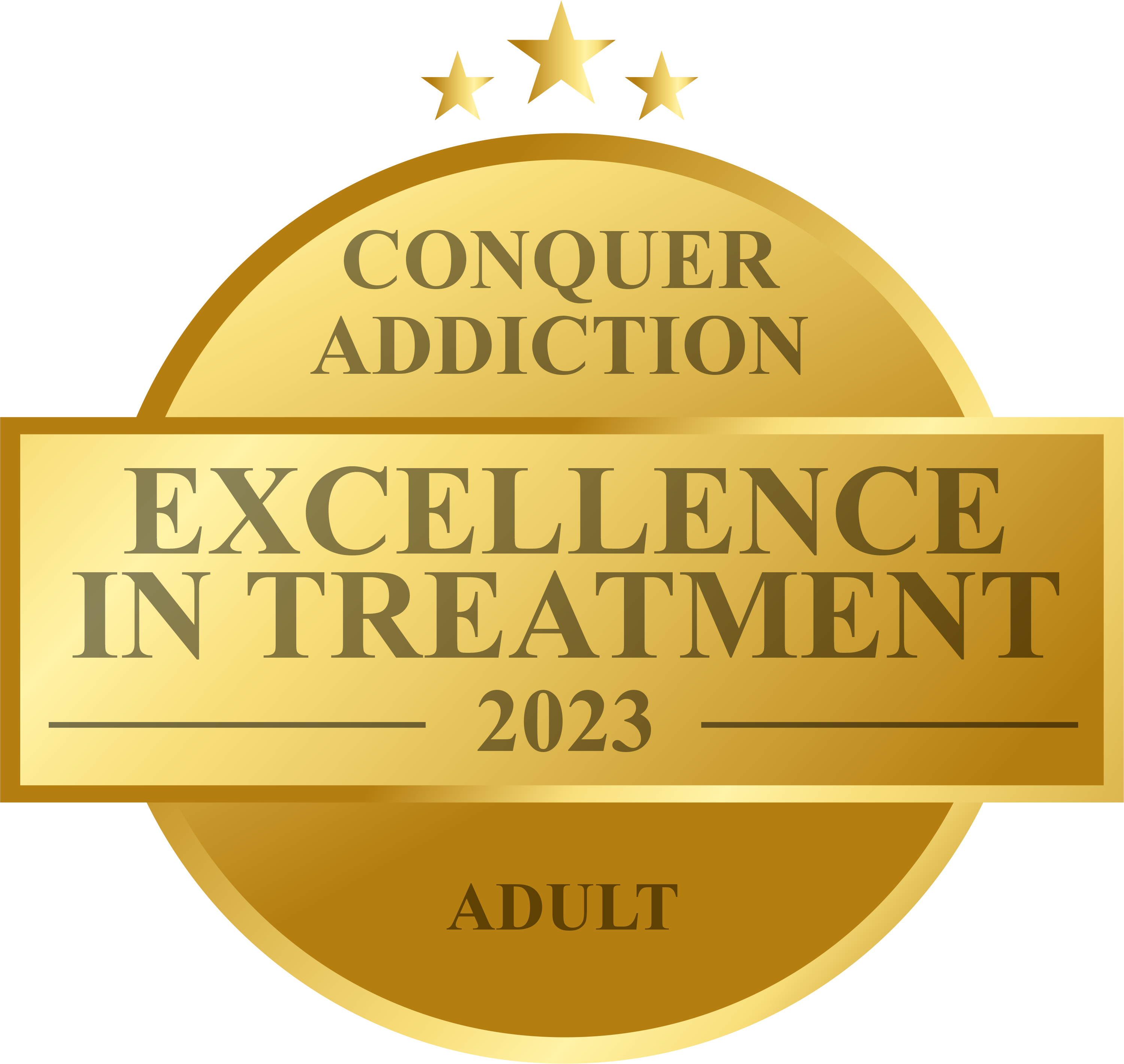
There is a prevailing trend among college students today to take stimulating substances in an effort to yield better results while studying or doing projects. The substances taken to accomplish this are frequently referred to as “study drugs.” Examples of study drugs include adderall, ritalin, methylin, and dexedrine, among many others.
Typically, most of these drugs are distributed as prescription drugs to deal with disorders such as ADHD, as such, they are usually very easy to attain on college campuses. However, this rising popularity has led to a misconception that these study drugs are not bad for you. This is, sadly, not the case. Here is some information on the dangers of study drugs…
Utilitarian use of drugs
Many college students do not view taking stimulants for school purposes as a type of drug abuse. In their minds, it is a sort of means to an end; something to do around finals to help them achieve the best results. This is a strange sort of utilitarian attitude towards drug use that is rather unique. However, this certainly doesn’t mean that study drugs are a good idea. In fact, there are many hidden dangers that are tied to the use of substances like adderall.
Even lesser stimulants have harmful effects
While adderall and ritalin aren’t going to have the same impact of harder opioid drugs and other stimulants, there are still many health risks associated with using these sorts of study drugs. For example, abuse of these types of prescription medications can lead to circulatory problems, such as an irregular heartbeat, and can cause potentially fatal problems like a heart attack or severe seizure.
One major problem is that college students aren’t viewing the abuse of study drugs in the same way that they view other drug abuse. A pill prescribed to you by a doctor doesn’t have the same connotation as snorting, injecting, or smoking an illicit substance.
Addictive properties can lead to harder drugs
Besides the negative health effects that can come directly from taking stimulants that have been labeled as study drugs, there is another dangerous side effect: the fact that these substances still have addictive properties. Getting hooked on prescription medication can work as a sort of pipeline that gets people to move on from pills towards harder street drugs. This is the exact sort of pattern that we have seen with the growing opioid epidemic, and now we are seeing the start of a similar pattern happen on our college campuses.






Comment